About Us
Dedicated for best quality innovations
Who we are
A commitment to innovation
We are committed to consistent innovation to deliver you the best possible data for your business. So that your facility operators can be confident, knowledgeable, and have control over their facility. They own the data. They can make the right decisions.
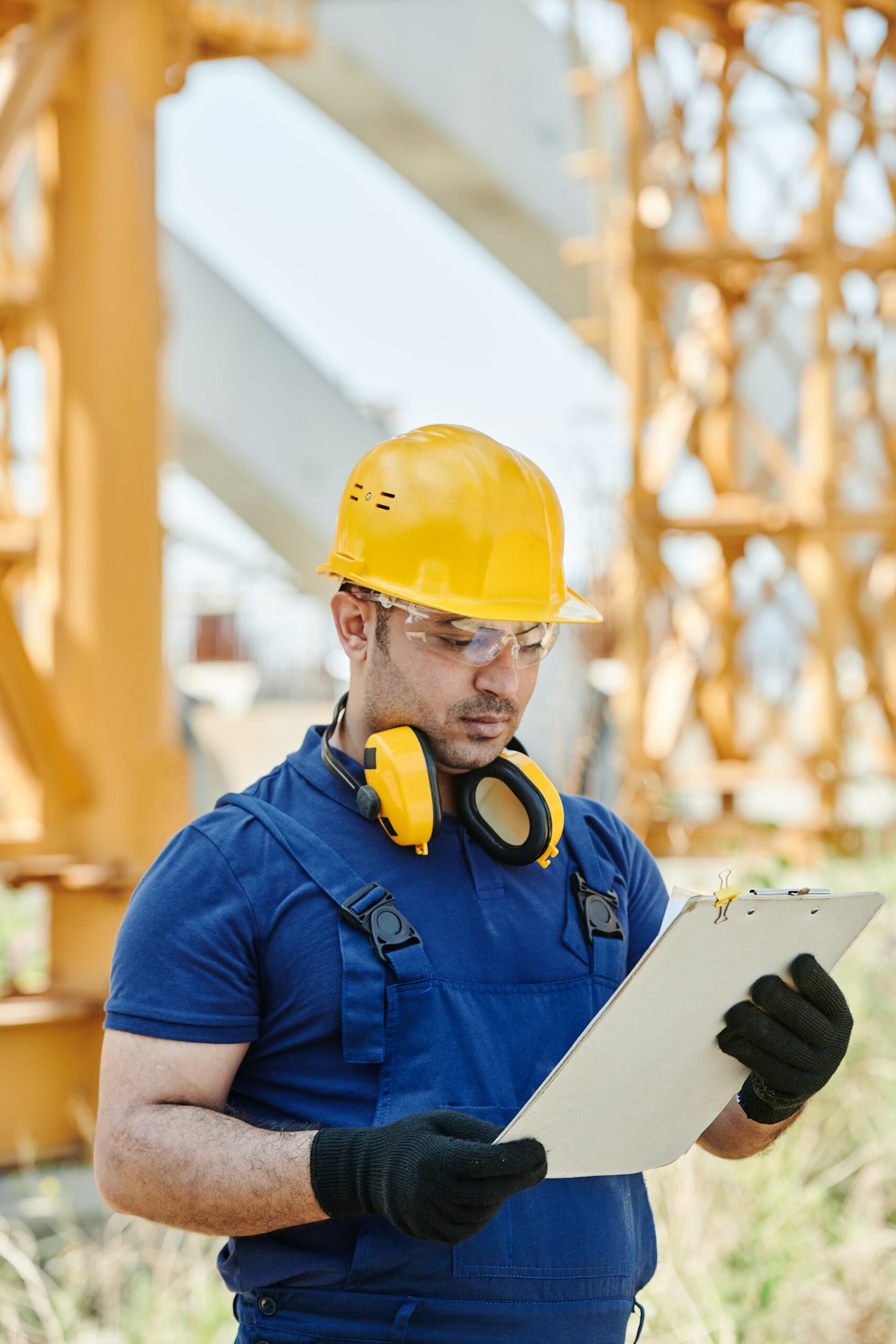
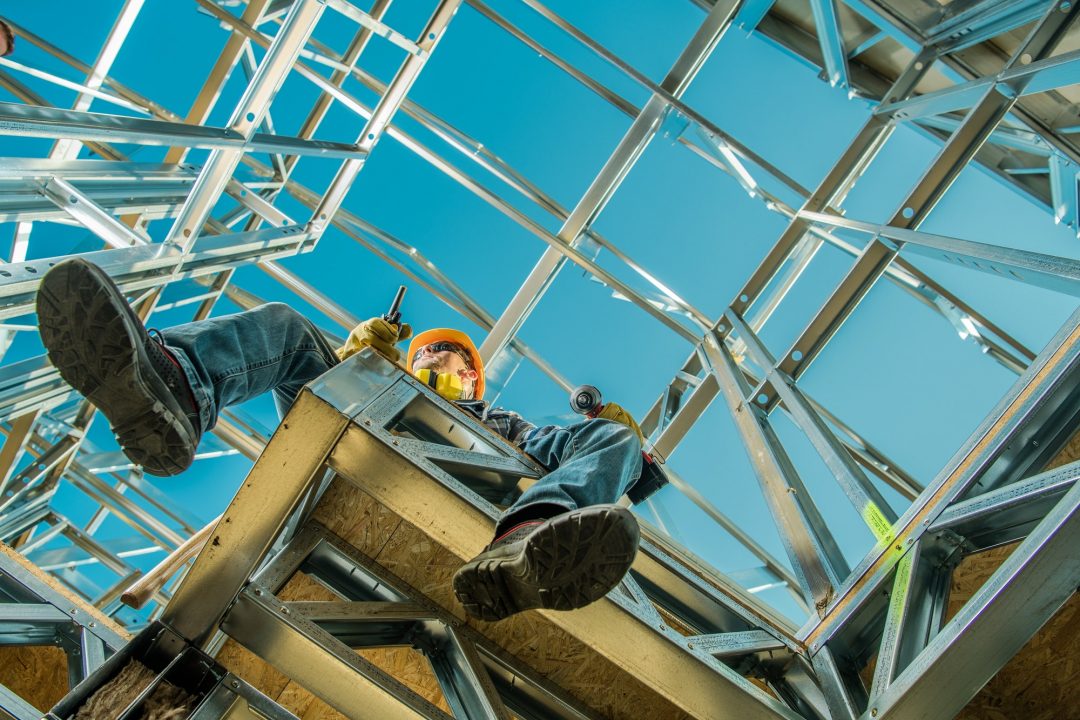
Our Value
Delivering a repeatable ongoing system that provides predictable results every time…
Spartan Scanning makes complex equipment maintenance and repair more efficient for industrial manufacturers by providing digital scan technology, enabling easy onsite scanning, offsite diagnosis, and reduced facility downtime.
Integrity
A commitment to innovation
Transparency & Documentation
Our goal
Creating A Collaborative & Digital Environment
Removing the old way of doing things. Bringing you a collaborative, digital environment that enables all engineering and design disciplines to respond to multi- discipline changes in an ordered and organised manner.
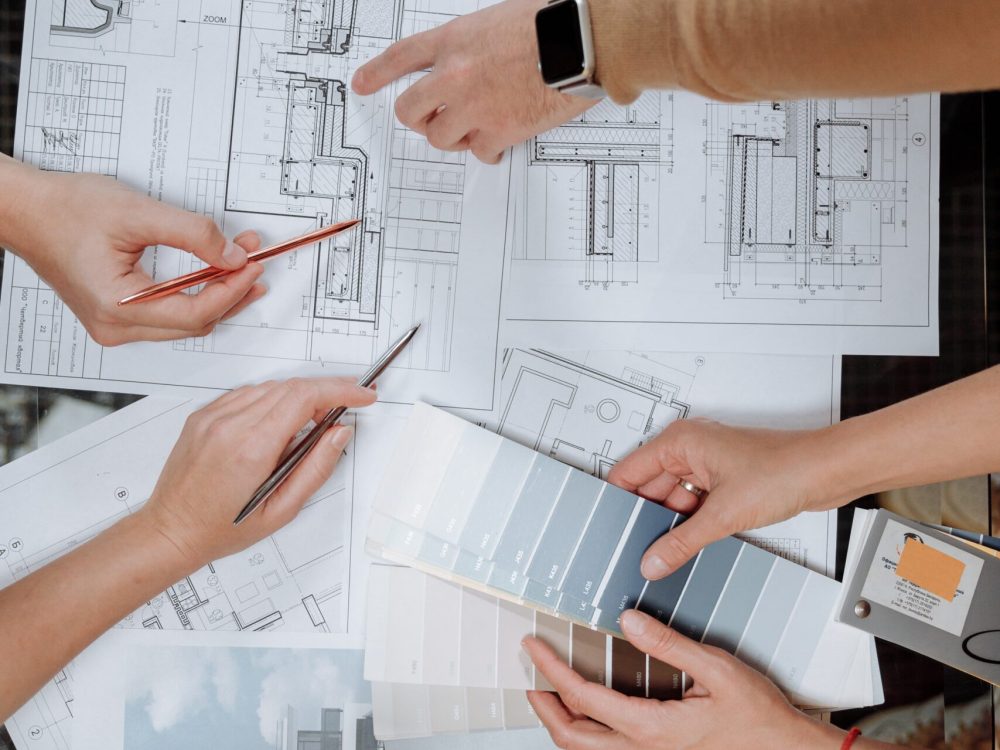
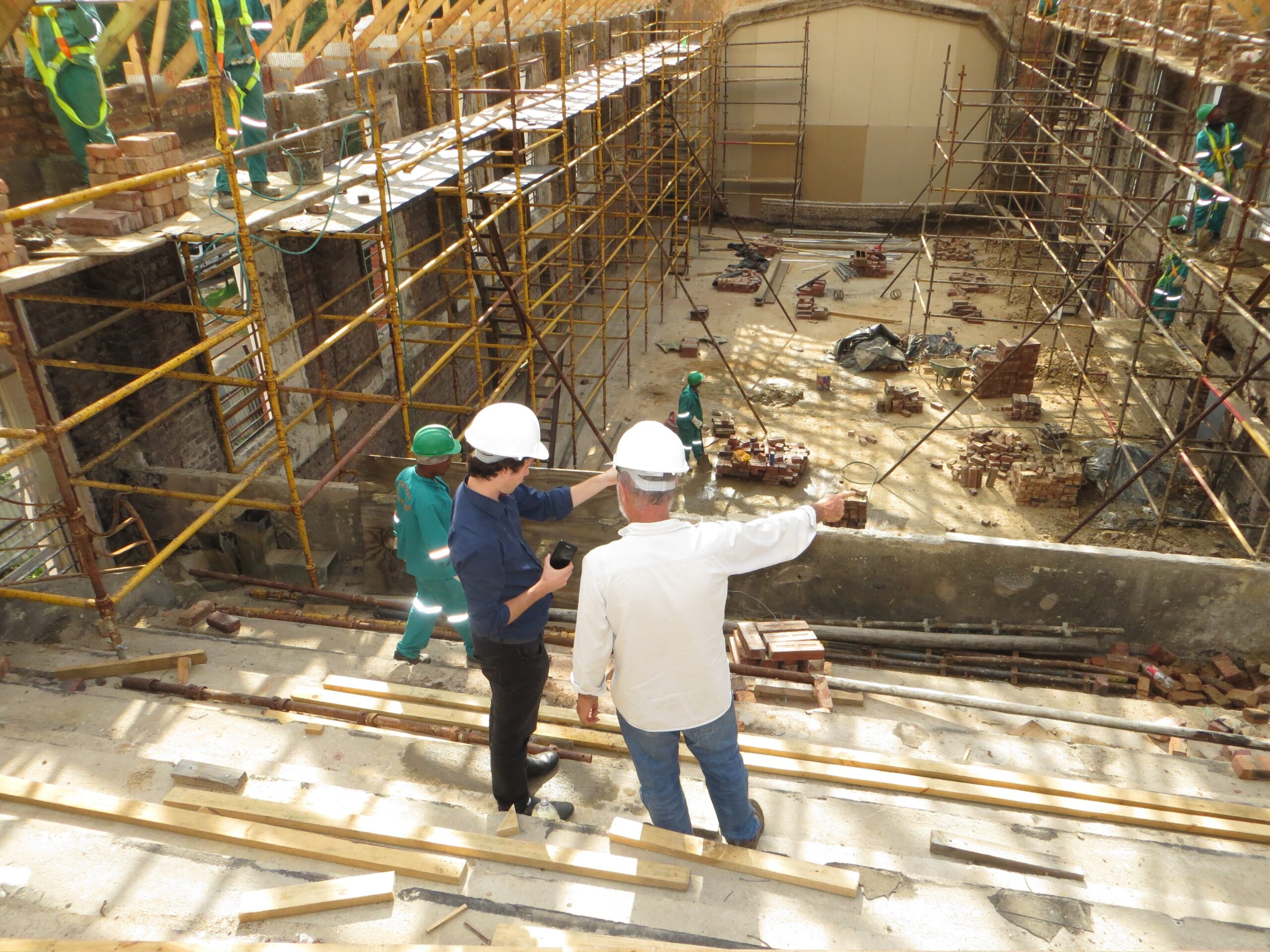
Our output
Improving Efficiencies. Reducing Cost, Delays, and Risk.
Taking the guess work out of your maintenance operations. So that you can spend more time working, less time problem solving, and save a significant amount of cash.
How we benefit you
Increased scalability
Already using reality capture workflows? You don’t need to reinvest 100K every time you want more data.
We do all the work. You don’t have to worry about the data capture we just take over and continue the work without you needing to make a massive investment
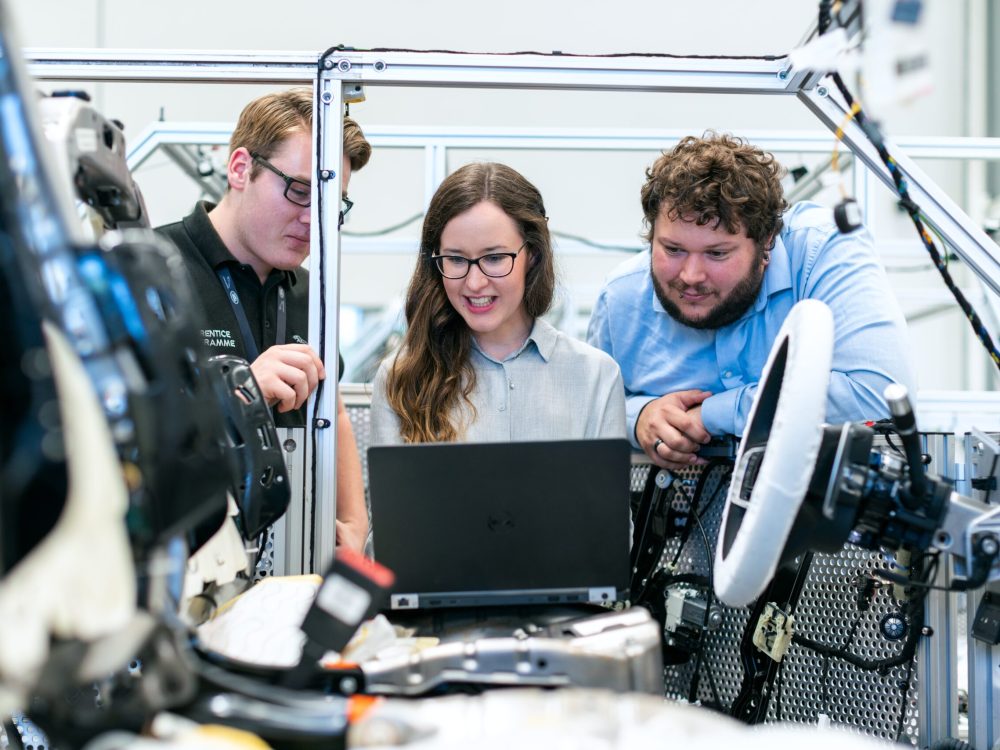
Testimonial
What they says about us
"Imperdiet pretium ex vel metus maximus vivamus accumsan. Aenean dignissim sollicitudin amet maximus praesent ullamcorper mauris cras."

"Imperdiet pretium ex vel metus maximus vivamus accumsan. Aenean dignissim sollicitudin amet maximus praesent ullamcorper mauris cras."

"Imperdiet pretium ex vel metus maximus vivamus accumsan. Aenean dignissim sollicitudin amet maximus praesent ullamcorper mauris cras."

BLog
Related Article
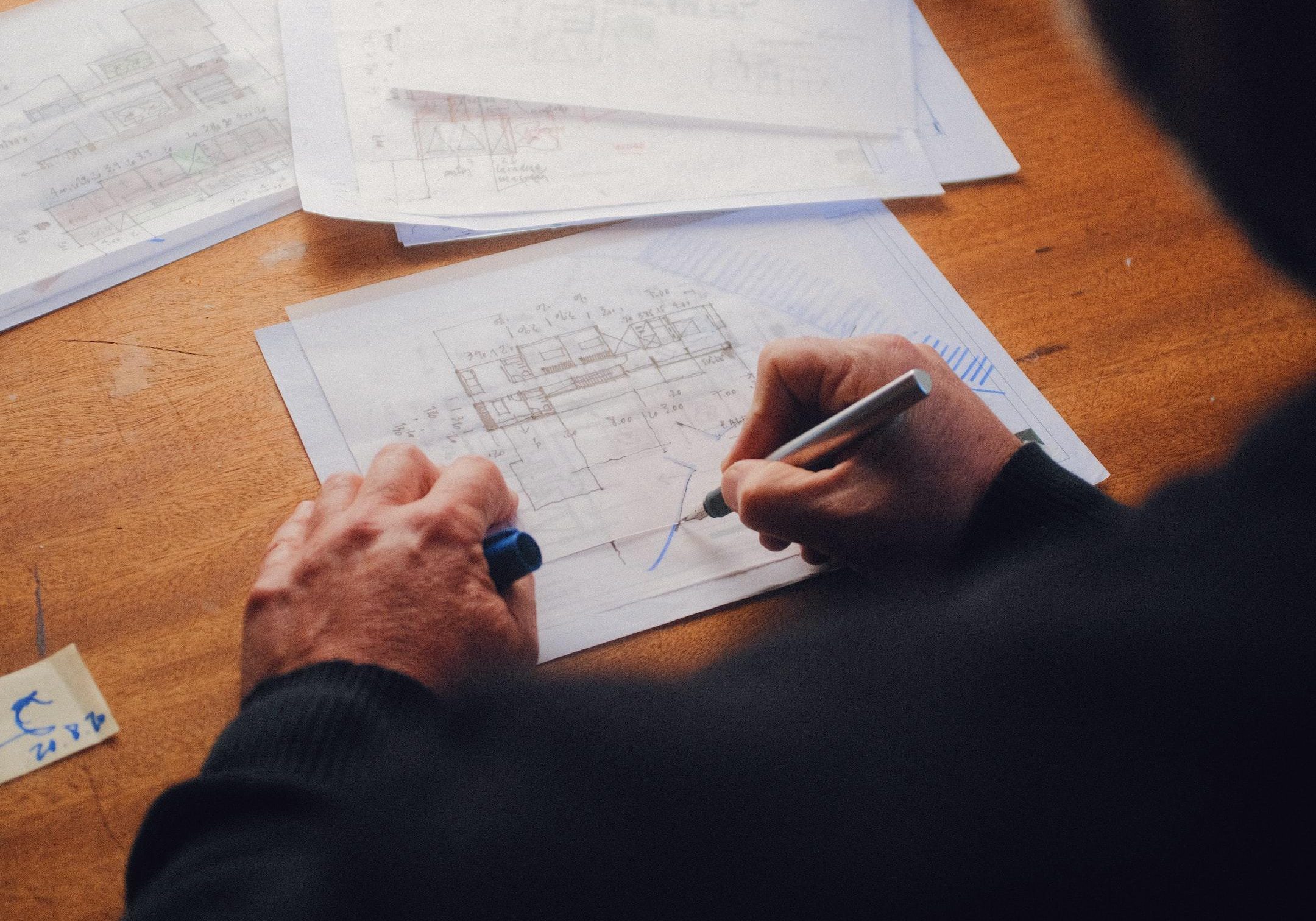
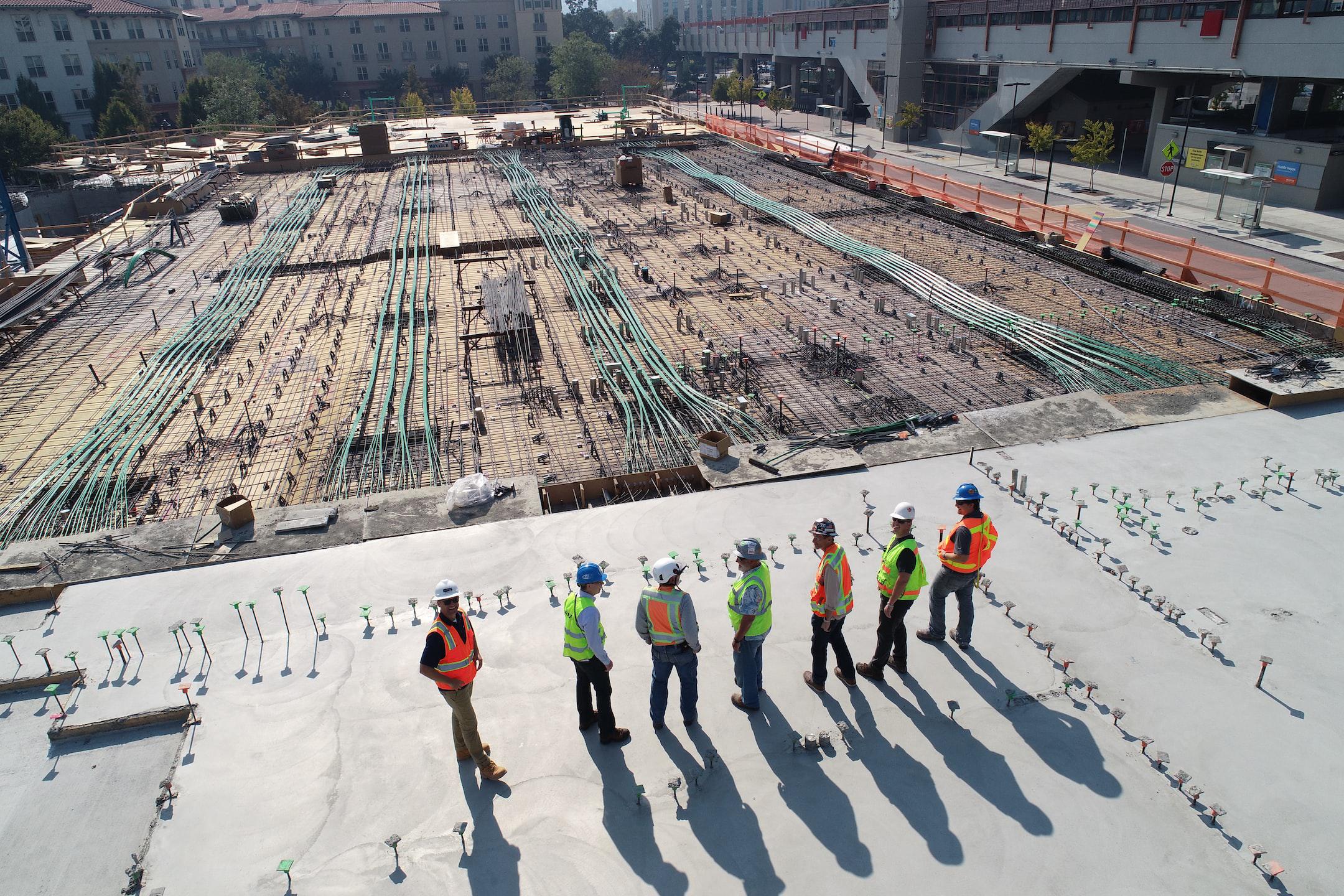
Scanning Solutions You Need for Different Types of Projects
January 21, 2023
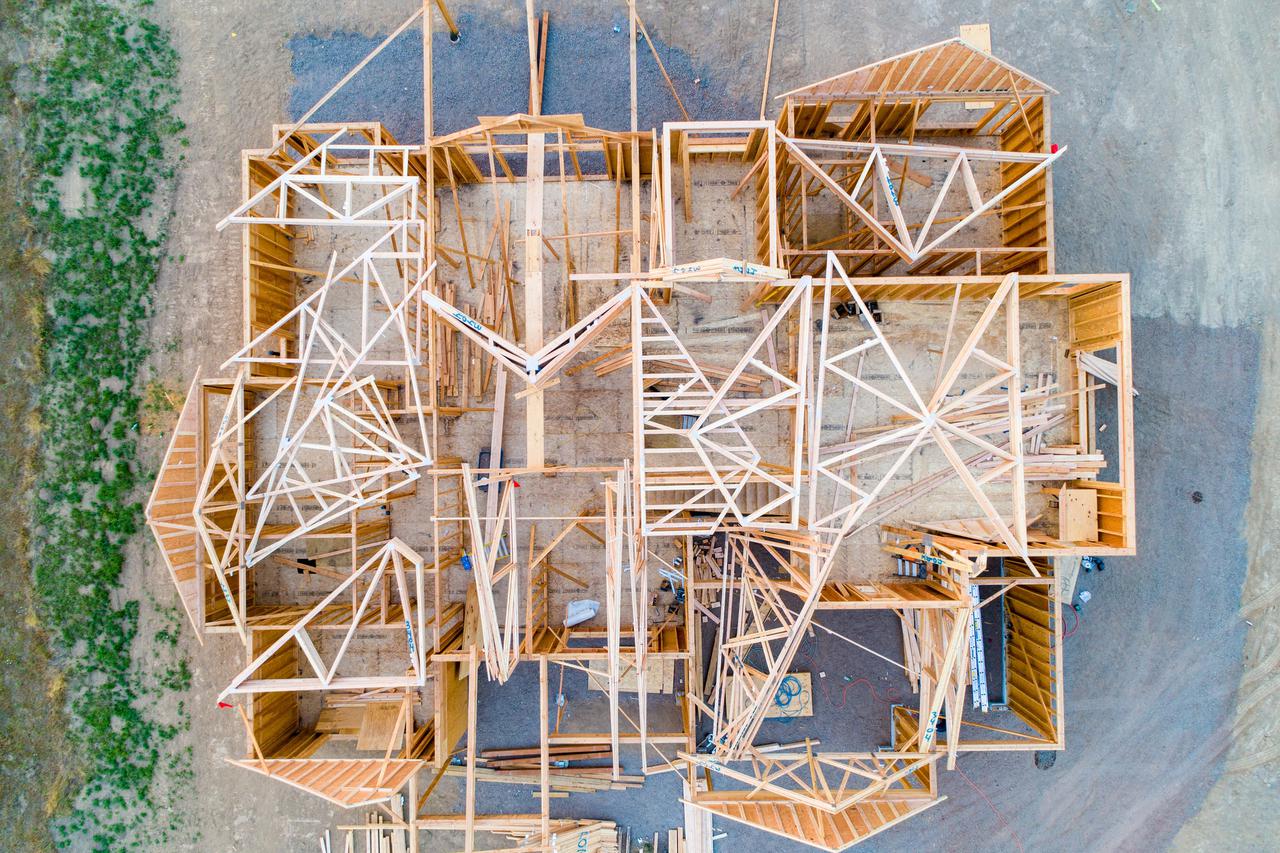
What to Expect From Your Scan to BIM Process
January 5, 2023
FAQ
Frequently Ask Questions
Reality capture refers to the process of collecting data of physical spaces or objects using various types of technology such as laser scanning, photogrammetry, lidar and SLAM. The captured data is then processed to create accurate digital representations of the real world conditions that can be used by a variety of professional disciplines like operations, architecture, engineering, construction, entertainment and more.
The level of accuracy depends on the type of technology used and the purpose of the project. Generally, modern reality capture systems can achieve accuracy levels ranging from a few millimeters to a few centimeters.
Our equipment varies depending on the specific needs of each project. We use advanced laser scanners, cameras, drones, and other specialized tools that allow us to capture data with high precision and detail.
Laser scanning uses laser beams to measure distances and create 3D models of objects and spaces, while photogrammetry uses photographs to extract geometric information and create digital models. Both techniques have their advantages and disadvantages, and the choice between them will depend on the specific requirements of your project.
The duration of a project depends on its scope and complexity. Generally, it takes a few days to a few weeks, but larger or more intricate projects may take several months or even years to complete.
Reality capture can capture a wide range of data, including geometric measurements, textural information, color and lighting, as well as metadata such as GPS coordinates and time stamps.
Reality capture has many applications in fields such as architecture, engineering, construction, manufacturing, entertainment, and virtual reality. Some common uses include creating digital models of buildings, surveying terrain, designing and visualizing products, creating 3D maps, and producing immersive experiences.
Yes, modern reality capture technologies can capture data from all kinds of environments, including outdoor spaces. In fact, some technologies like Lidar are particularly useful for scanning large areas such as cityscapes or natural landscapes.


